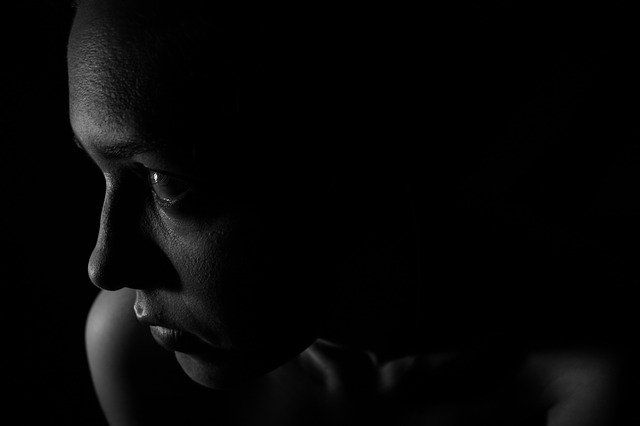
By Local Democracy Reporter Katie May Nelson
The cost of living crisis could lead to more people becoming victims of modern slavery, a leading non-government organisation says.
It comes as statistics from Kent Police reveal how in the last four years, there have been 1,195 reports of modern slavery offences made in the county, but just 14 of those have resulted in charges.
Last year, the force investigated 329 modern slavery offences, which was a 22% rise from 2020’s figures.
In the majority of cases (146), the report has been closed pending further investigative opportunities, and in 101 cases, the victim either declined or was unable to support further investigation to identify the offender.
Between January and November this year, the force have investigated 436 reports relating to modern slavery. In 37 cases, the investigation is ongoing.

Paul McAnulty, UK and Europe programme director for the anti-modern slavery NGO Hope for Justice, says Brexit has changed the profile of victims.
He said before Brexit, many people who found themselves victim to modern slavery were from eastern European, countries but now there are more Eritrean, Nepalese, and Syrian people.
He explained: “The face of trafficking and exploitation is always evolving because exploiters are quite tenacious.
“The crisis in Ukraine has had a huge effect; 10 million people displaced overnight by the conflict and from what we can gather from our humanitarian partners in the sector, traffickers were on border crossings posing and dressed as humanitarian workers within hours and people (were) just being put into vans and never seen again.
Paul explained even if people had stable jobs in Ukraine, they could still become victims, adding: “People’s circumstances change and it’s no different here in the UK; we are currently going through a cost of living crisis which has impacted so many households, pushed so many households into poverty.
“We know poverty is one of the biggest drivers into exploitation, as is homelessness and destitution, the links there are well known.
“Given what we are experiencing now politically and in terms of the cost of living crisis, we are seeing more and more people susceptible to being exploited based on their economic situation.”
Threatened
Paul said traffickers in the UK often threaten their victims by telling them they will be deported if they speak out, and when the police try to get them to give evidence against their captors, this often proves tricky due to a number of factors including how the criminal justice system works.
He said: “When we talk about the low conversion rates from how many investigations end up as prosecutions, it’s basically because we’ve got the relationship wrong.
“We currently prioritise perpetrator accountability and the criminal justice outcome over victim care, and then there are a lot of victim-blaming narrative where survivors don’t actually support a prosecution for whatever reason, whether they move, are re-trafficked, they are re-repatriated, they just can’t prioritise that now.
“No one wants to support a prosecution if they are facing homelessness, deportation, criminalisation, or if they don’t know where their next meal is coming from.”

